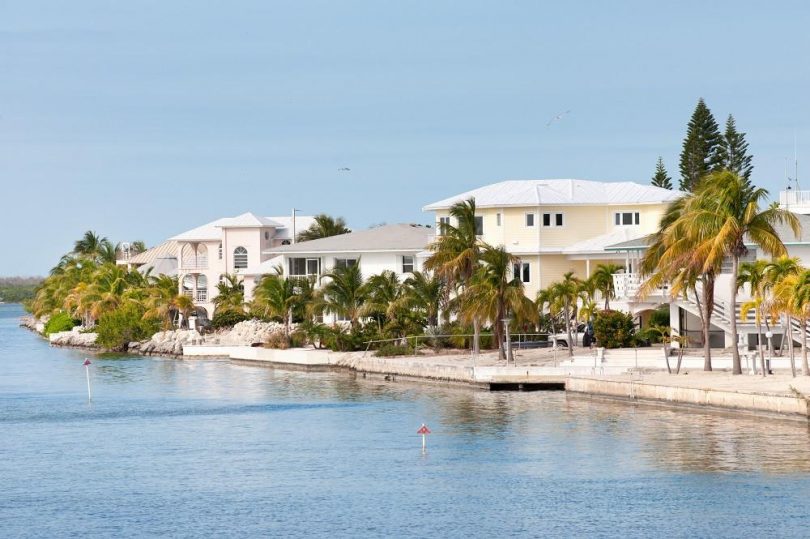Moving to a beachfront property sounds like a dreamy proposition, right? Waking up to the sounds of the waves every morning. Seeing the best sunrises and sunsets around. Spending every spare moment cruising the sands or chasing waves. You’ll never be at a loss for some Vitamin Sea, but there are a few things you should know. Take a look at these tips for moving to a beachfront home!
High/tourist season can get very crowded. How will your home be affected?
If you’re looking at buying waterfront property, be sure you have a sense of what the traffic and tourist flows look like in the summer. You will be more than dismayed if you find your sweet little cottage gets flooded with car exhaust as stop-and-go traffic putters by on the best weekends of the year. Will your parking be affected? Will people be cramming the beach in front of your home? Make sure you know what to expect!
Know the tides — and storm surges
During storm season, coastal homes are at particular risk for flooding or damage from storm surges. Hire an engineer or surveyor to determine where the highest level of the tide reaches during normal weather (check on a full moon!), and do some research into storm surges in the area. The integrity of the shoreline should provide some insight! Moving to a beachfront property may increase your homeowner’s insurance anyway, but living in an area with a history of flooding definitely will.
Have you considered off-beach property just a few blocks away?
Moving to a beach home doesn’t have to mean living right on the shore. Consider a home just a few blocks away and you’ll be a little more sheltered from storm surges, the impacts of salt spray and wind, and you’ll probably pay significantly less! You may also want to consider the size of the home itself, and what the hidden costs of buying a bigger house could be.
Invest in technologies to protect your home from the elements
Your average suburban home won’t survive the rough weather on the shore. If the home isn’t already fully upgraded, you may need to include the installation of several things. These include storm shutters, replacing all locks and fasteners with stainless steel (galvanized metals won’t last), and perhaps maintenance on your siding. A flood alarm is a good idea in the basement. All ocean-facing windows and doors should be checked for any leaks to prevent wind-driven rain from causing damage. Also, keep your vehicles in mind. Is there a garage, or will you need to build one to protect them from continued exposure to salt and wind?
Insurance, insurance, insurance
You’ve decided to get moving insurance — but have you looked at the multiple types of insurance you may need to buy for your property? For example, Florida residents are required to have a wind policy, flood policy, and general hazard policy. Are you ready to deal with the paperwork?
Do you know the property’s restrictions and regulations?
Waterfront property can have limitations that other property might not. For example, structures and landscaping may need to stay a certain distance away from the edge of the beach. Septic systems and other utilities may have certain maintenance requirements. Even outdoor lighting may be limited. Talk to your potential neighbors to find out what it’s really like to live at the beach!
If you decide that the beach is for you, then enjoy! You’re about to be living the dream!








